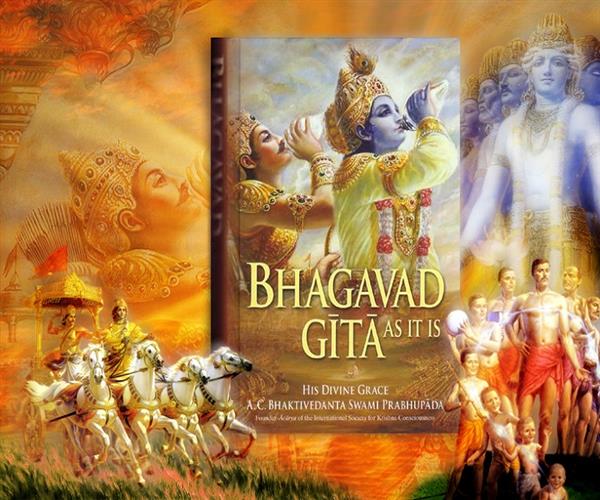Sanatana Dharma, commonly known as Hinduism, is one of the oldest living religions in the world. It has evolved over thousands of years, incorporating diverse beliefs, practices, and philosophical perspectives. The evolution of Sanatana Dharma can be traced through various historical and philosophical developments, leading to the emergence of distinct schools of thought. Let's explore the evolution of Sanatana Dharma and its major philosophical traditions.

Vedic Period:
The roots of Sanatana Dharma can be traced back to the Vedic period (1500 BCE - 500 BCE), characterized by the composition of the Vedas, the earliest sacred texts. During this period, rituals, sacrifices, and the worship of deities played a central role. The Vedic seers contemplated the nature of reality, the divine, and the purpose of life. The Vedas provided the foundation for religious and social life, emphasizing the importance of rituals, moral values, and cosmic order.
Upanishadic Period:
The Upanishadic period (800 BCE - 200 BCE) witnessed the emergence of profound philosophical insights and inquiries into the nature of existence. The Upanishads, philosophical texts embedded within the Vedas, explored concepts such as atman (the individual self) and Brahman (the ultimate reality). The Upanishads introduced the idea of liberation (moksha) and the path of knowledge (jnana) as a means to transcend the cycle of birth and death. These philosophical ideas laid the foundation for the development of later philosophical schools.
Classical Period:
The classical period (200 BCE - 1200 CE) saw the flourishing of diverse philosophical schools, each offering distinct perspectives on the nature of reality, the self, and the path to liberation. Some of the major philosophical traditions that emerged during this period include:
Vedanta: Vedanta encompasses various schools of thought, including Advaita Vedanta, Vishishtadvaita Vedanta, and Dvaita Vedanta. Advaita Vedanta, founded by Adi Shankara, advocates the non-dualistic philosophy that states that the ultimate reality, Brahman, is without any distinctions. Vishishtadvaita Vedanta, founded by Ramanuja, proposes a qualified non-dualism, acknowledging the individual self's eternal relationship with Brahman. Dvaita Vedanta, founded by Madhva, advocates a dualistic philosophy, emphasizing the eternal distinction between the individual self and Brahman.
Nyaya: Nyaya, founded by Gautama (Akshapada), is a school of logic and epistemology. It systematizes the rules of logical reasoning and explores the nature of knowledge, perception, and inference. Nyaya provides a framework for debate, argumentation, and logical analysis.
Yoga: Yoga, as expounded by Patanjali in the Yoga Sutras, offers a path of spiritual discipline and self-realization. It emphasizes the practices of physical postures (asanas), breath control (pranayama), and meditation (dhyana) to attain union with the divine. Yoga encompasses different paths, including Karma Yoga (the path of selfless action), Bhakti Yoga (the path of devotion), Jnana Yoga (the path of knowledge), and Raja Yoga (the path of meditation).